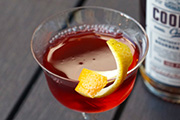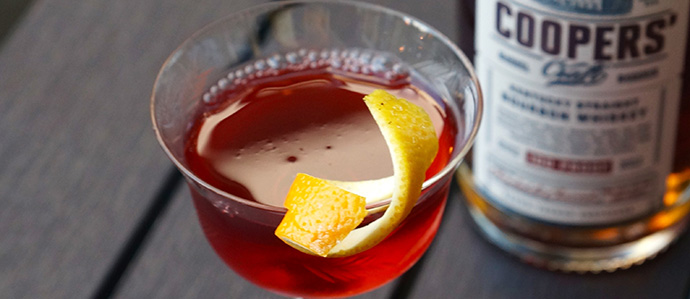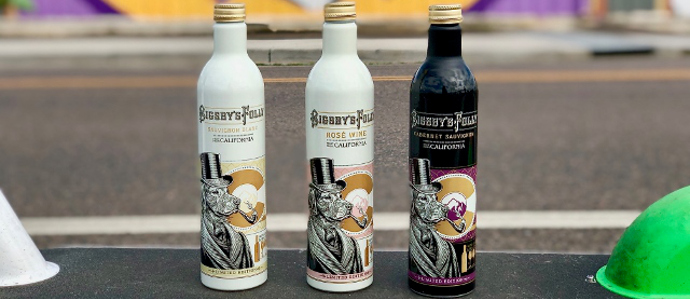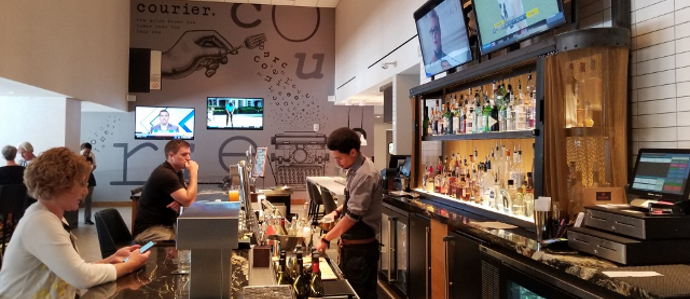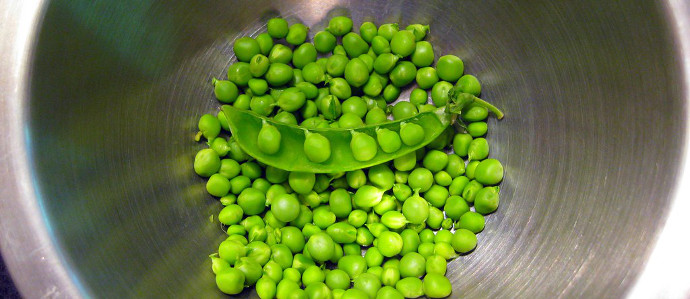London Scientist Creates Synthetic 'Hangover-Free' Alcohol
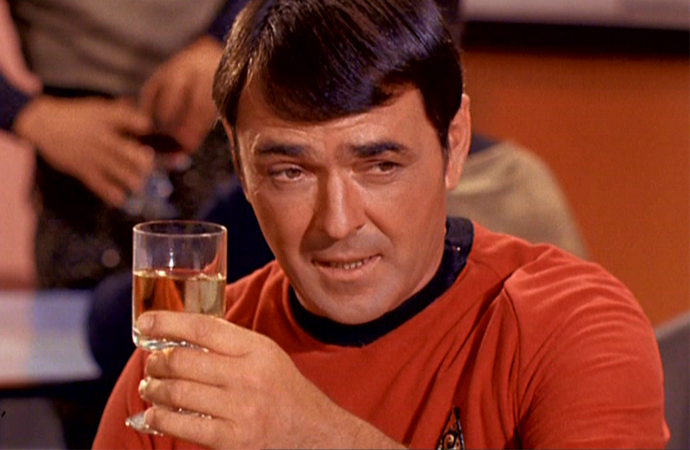 Alcohol has been with humanity longer than the cultivation of grains, when ancient humans would make primitive beers from wild cereals. Now, this nigh-universal aspect of human culture is going away, or so says Professor David Nutt, the creator of “Alcohosynth”, a synthetic compound intended to mimic the effects of alcohol, without the side effects.
Alcohol has been with humanity longer than the cultivation of grains, when ancient humans would make primitive beers from wild cereals. Now, this nigh-universal aspect of human culture is going away, or so says Professor David Nutt, the creator of “Alcohosynth”, a synthetic compound intended to mimic the effects of alcohol, without the side effects.
Professor Nutt was a former government drug tsar, but lost the position after claiming that using Ecstasy was safer than riding a horse. Now, he teaches at the lauded Imperial College in London. Nutt reported to the Independent that he was developing Alcosynth as a way to combat the health risks of alcohol. The compound, whose ingredients are kept under wraps by Nutt, is intended to mimic the pleasurable effects of alcohol, but without the toxins, calories or hangover. The effect would last a number of hours comparable to a few drinks, and “cap out” at a certain level to avoid over-intoxication.
The testing process is extensive for human trials, so it will take considerable time to produce Alcosynth. Still, Nutt hopes that the substance will replace all alcohol by 2050. While his goal has nobility, the thought that a synthetic compound would replace a substance so ingrained in our society is extremely unrealistic, if not impossible. Alcohol accounts for billions of dollars in the world economy, and the existence of brewers, winemakers, sommeliers, cocktailers, whiskey crafters, etc… means that people are not just drinking for the pleasant effect that alcosynth seeks to mimic, but for many other reasons—including deeply rooted cultural and religious purposes. Even if Alcosynth is a success, alcohol isn’t going away.
We might add that it’s confusing that Nutt would named it “Alcosynth”, when Star Trek already coined the perfectly acceptable term "Synthehol” decades ago.
Photo via Paramount Pictures
Tags: News




